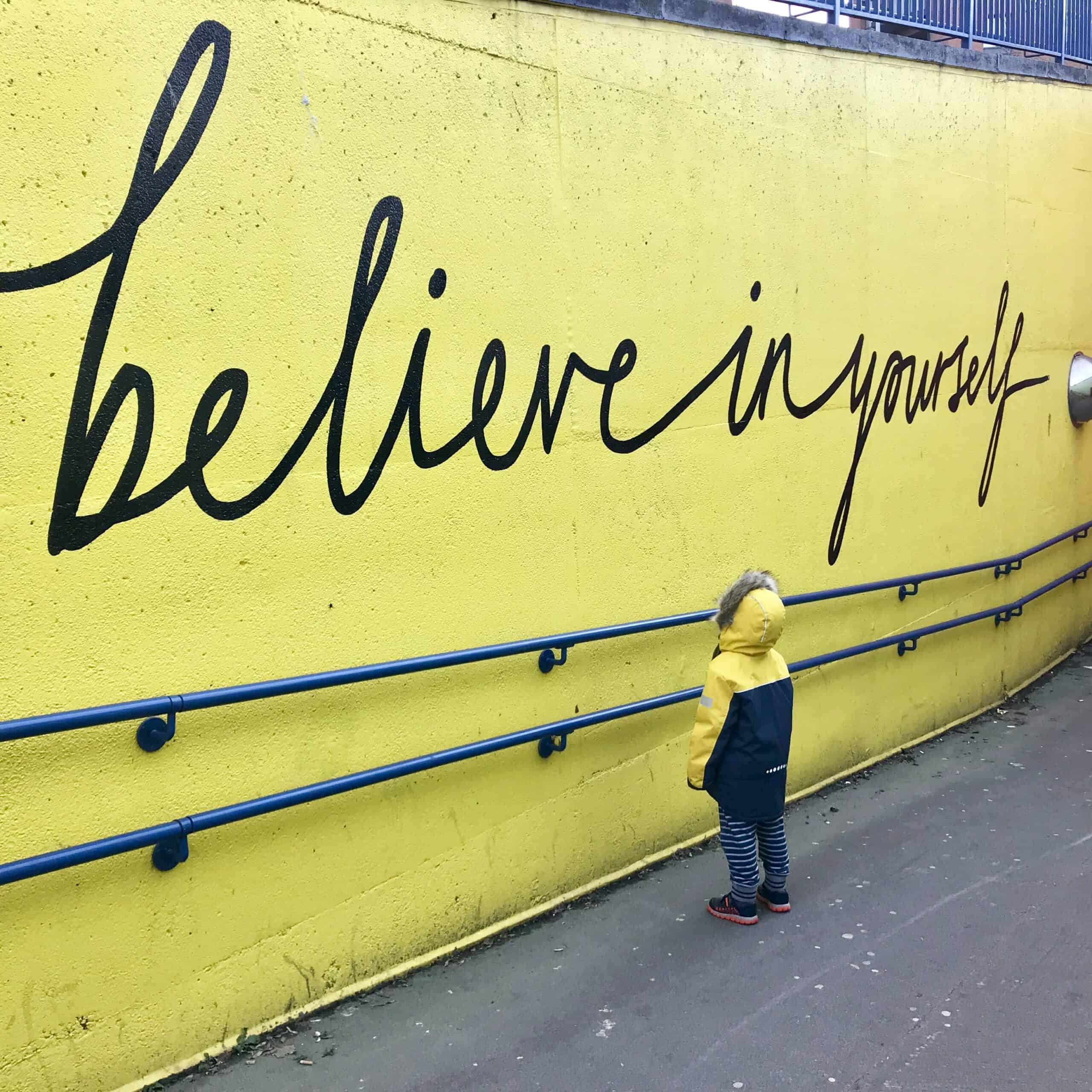
What do you think when you hear the word ‘baggage’? Chances are that, if you aren’t waiting in the security check line at the airport, the term causes a feeling of discomfort. This could be for any number of reasons. Perhaps you have a close friend or family member with emotional baggage that impacts them negatively or has detrimental effects on those around them. Perhaps it’s because you are aware of your own emotional baggage, but you either haven’t addressed it yet or aren’t sure where to start.
This is largely because the term ‘emotional baggage’ is stigmatized. It is often used to describe the negative effects it has on us rather than what caused the ‘baggage’ - the root of the problem - in the first place. Oftentimes, addressing the root problem of the baggage itself is equally stigmatized because in acknowledging our ‘baggage’ we admit to ourselves that, to some extent, our cognition or cognitive function is in need of repair.
Acknowledging emotional baggage can be frightening, but refusing to do so can cause extremely negative effects on our cognition and cognitive functioning. The ‘baggage’ itself is a collection of problems that have collected and left to fester in our minds because we have not found or developed ways to cope with stressors. Whether caused by anxiety, grief, finances, relationships, or other factors, emotional baggage causes us to be mentally destructive rather than constructive.
Emotional Baggage on Decision-Making
The process of decision-making is often ruled by our feelings on the decision itself, rather than sheer intellect. This leads us to often make decisions based on emotion, or how we ‘feel’ about the potential outcome of the decisions we make. While ruling out emotion from this process can potentially provide a more ‘objective’ outcome, eschewing emotion or feelings from decision-making can quickly lead to either making a short-sighted decision or ‘analysis paralysis’. In fact, people with emotional baggage often don’t even realize when they make these ‘objective’ decisions, rather than allowing their emotions to help direct their decision-making process. This is because the emotions and feelings of those people are clouded by the lingering problems their baggage causes them.
When we allow ourselves to step back and listen to what our emotions tell us during the decision-making process, we not only listen to the part of our brain that tells us how important a decision and its outcome can be, but we also begin to acknowledge our emotions themselves. In doing so, we can begin to pick apart both what we are feeling emotionally, and why.
By refusing to acknowledge our emotions - particularly the ones that cause certain limitations in the subconscious mind and keep us away from our true potential’ - we keep ourselves trapped in a self-sabotaging cycle.
Emotional Baggage on Problem-Solving
Carrying around our emotional baggage frequently causes us to build up invisible barriers all around us. Because of the problems in our past that formed the baggage itself, we tell ourselves that those past problems form who we are: our habits, our behavior, and even our way of thinking and acting. In doing so, we subconsciously trick ourselves into thinking that we are the victim of our own story, rather than the hero. This, in turn, causes new problems that arise in our lives to seem much more daunting than they truly are, and because we have not yet learned how to properly deal with our own emotions or feelings, we feel unadept to address these new problems as well.
In her book “Worried Sick: Break Free From Chronic Worry to Achieve Mental & Physical Health”, author Karol Ward, LCSW, describes mental or emotional baggage as “the tendency to ruminate or think negatively about past or current issues that have not been resolved”. She goes on to say how those with emotional baggage often manifest the baggage physically in tight muscles, stomach pains, or headaches. According to Ward, this is because carrying around emotional baggage is in many ways similar to carrying a weighted bag full of our problems around with us in our daily lives.
This can present us with a “Catch-22” situation: our baggage itself is a collection of past problems we have encountered but have yet to properly address and work past, but the baggage itself also inhibits our ability to address and solve problems constructively.
Other Ways Emotional Baggage Can Affect Our Function
The above examples are only two examples of ways in which carrying our emotional baggage around with us can impede our cognition or cognitive function. Here are a handful of other ways emotional baggage can manifest and/or impede us:
- low self-confidence, happiness, or excitement
- Increased feelings of anxiousness, anger, depression, fear, or loneliness
- Inability to focus on work, passions, or hobbies
- Refusal to address or talk about stressors or triggers to oneself or others
- Lack of determination or commitment to positive life changes
Healing Using The “Emotion Code”
However your emotional baggage manifests or impacts your life, it is important to remember that your emotions and the feelings tied to them are valid. It is equally important to remind yourself that just because those emotions and feelings are a part of you, they do not necessarily define who you are. Acknowledging our baggage is the first step towards conscious self-improvement, but the process of addressing and healing through that baggage is different for everyone. By allowing yourself to identify emotions and feelings attached to your emotional baggage, you can begin transforming your self-deprecating beliefs into feelings of self-empowerment.
One such tool is a two-fold practice, referred to as “The Emotion Code and Body Code”, the latest innovation in bio-energetic healing developed by Dr. Bradley Nelson. Dr. Nelson’s books by the same highlight the finer workings of the unconscious mind and its relationship to the impact that emotionally-charged events in our lives have on our mind, body, habits, actions, cognition, and more. Dr. Nelson’s approach to bio-energetic healing has been adopted by hundreds of healing practitioners the world over, including Aisha Ahmed of Ontario, Canada.
Aisha Ahmed, Emotion Code Practitioner
Having adopted Dr. Nelson’s methods in 2017, Ahmed began utilizing Dr. Nelson’s “Emotion Code” to help others after suffering several losses in her personal life. The grief and pain of her own traumas and loss sparked Ahmed to begin her own self-healing journey, and after enduring debilitating back pain after having her first child, Ahmed began utilizing Dr. Nelson’s Emotion Code to release her emotional baggage and free herself from the pain and suffering so that she can fulfil her mission to help others .
“I believe my purpose is to help others step into freedom and fulfillment,” Ahmed says on her website, “so they can get out of their own way to serve from their highest self.” Since adopting various subconscious reprogramming healing tools, Ahmed has gone on to help dozens of others heal their lifelong emotional baggage by tapping into and connecting with their subconscious mind. Ahmed’s personal and professional success in utilizing the healing tools from Dr. Nelson’s “The Emotion Code and Body Code” has helped her so much, in fact, that she now offers one on one sessions to clients all over the world and also does free live healings through her Instagram account for her followers to experience.
The post How Emotional Baggage Clogs Your Cognitive Function appeared first on Pick the Brain | Motivation and Self Improvement.
* This article was originally published here







